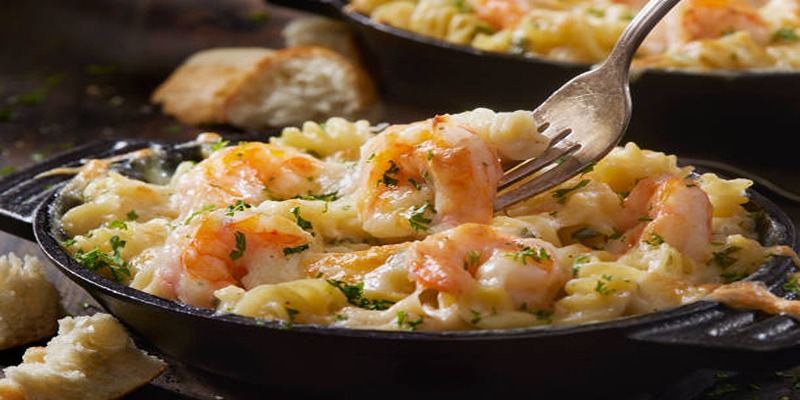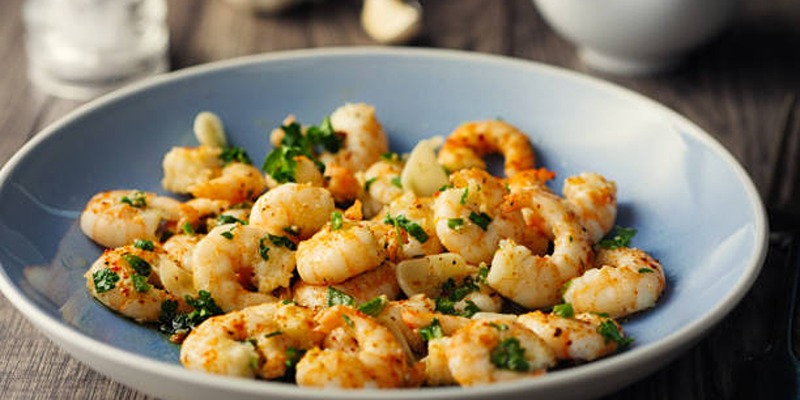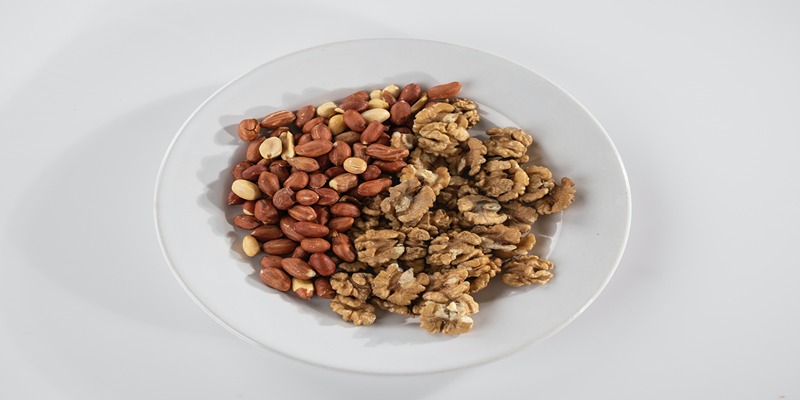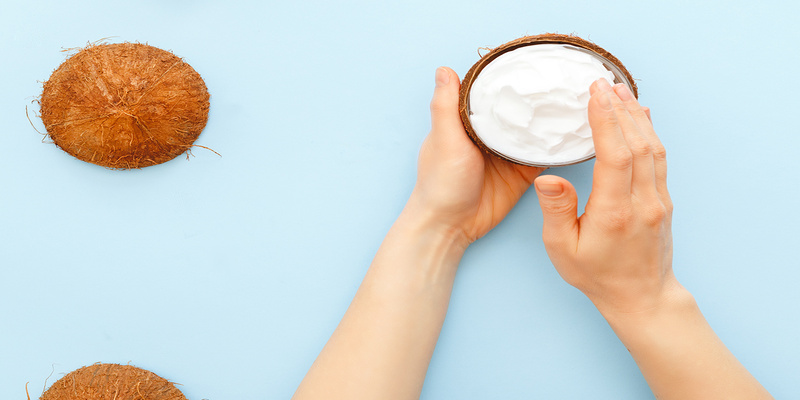Shrimp and Wellness: Debunking the Myths About This Popular Seafood
Feb 29, 2024 By Nancy Miller
Shrimp, a highly popular seafood choice around the globe, often carries the weight of numerous myths concerning its impact on health. Criticized by some for its cholesterol content, and hailed by others for its rich nutritional profile, shrimp is the subject of debate among health-conscious consumers and nutritionists alike. Despite the controversy, shrimp is a low-calorie source of protein and is packed with vital nutrients such as iodine, selenium, and Vitamin B12. It's essential to peel back the layers of misconception and dive into the scientific evidence to provide a clear picture of how shrimp can fit into a balanced diet. This foray into the world of shrimp and wellness aims to address common falsehoods and illuminate the true nature of this widely consumed sea creature.
What is Shrimp?
Shrimp is a type of crustacean that belongs to the family of decapod (ten-legged) sea creatures. There are over 300 species of shrimp, and they can be found in various sizes, colors, and habitats. They are primarily harvested for food and are often referred to as "prawns" in some countries.
Nutritional Profile of Shrimp
Shrimp is a nutrient-dense food that provides an array of essential vitamins and minerals. A 3-ounce serving of cooked shrimp contains approximately 20 grams of protein, making it a significant source for those following a high-protein diet. It also contains negligible amounts of carbohydrates and fat but is rich in micronutrients such as iodine, selenium, choline, and Vitamin B12. These nutrients play crucial roles in the body, from supporting thyroid function to aiding in the production of red blood cells.
Cholesterol Content: The Great Debate
One of the most significant concerns surrounding shrimp consumption is its cholesterol content. It's true that shrimp contains more cholesterol than most other seafood, with approximately 175 milligrams per 3-ounce serving. In fact, saturated and trans fats are found to have a more significant effect on raising blood cholesterol levels. Shrimp is also low in saturated fat and has no trans fat, making it a heart-healthy option in moderation.
Mercury Levels and Seafood Safety

Another common myth surrounding shrimp is its mercury content and associated health risks. While it's true that some seafood can contain high levels of mercury, shrimp is considered a low-mercury option according to the FDA and EPA. These agencies recommend limiting consumption of certain types of fish with higher levels of mercury, such as swordfish and king mackerel, but do not have the same concerns for shrimp.
Safe consumption practices for seafood lovers
Despite the low mercury levels in shrimp, it's always essential to practice safe seafood consumption habits. This includes purchasing shrimp from reputable suppliers and cooking it thoroughly before consuming. Pregnant women, young children, and those with compromised immune systems should consult with their healthcare provider regarding safe seafood consumption.
Sustainable Shrimp Farming
Concerns about the environmental impact of shrimp farming are also prevalent. However, sustainable practices have been developed and implemented in many shrimp farms worldwide, aiming to minimize their ecological footprint. These practices include using recirculating aquaculture systems, avoiding antibiotics and genetically modified organisms, and implementing responsible waste management strategies.
Allergies and Sensitivities
Shrimp allergies are one of the most common food allergies and can range from mild to severe. It's essential to be mindful of any potential allergies or sensitivities when consuming shrimp or other seafood.
Alternate sources of nutrients for those who cannot eat shrimp
For those who have allergies or dietary restrictions, it's essential to find alternative sources of the nutrients found in shrimp. For example, iodine can also be obtained from dairy products and seaweed, while choline is found in eggs and poultry. It's crucial to consult with a healthcare professional or registered dietitian for personalized recommendations.
Healthiest ways to prepare and cook shrimp

When it comes to preparing and cooking shrimp in healthy ways, there are several methods that maximize its nutritional benefits while minimizing additional calories and unhealthy fats. Grilling, broiling, steaming, or sautéing shrimp with minimal oil are excellent ways to preserve the integrity of its protein content and avoid excess calorie intake. Avoiding heavy, creamy sauces and opting for herbs, spices, and citrus to enhance the flavor not only keeps the dish light but also adds antioxidant benefits.
Additionally, pairing shrimp with a medley of vegetables can make for a balanced and satisfying meal that is rich in nutrients and fiber. Proper cooking not only ensures safety from foodborne illness but can also contribute to maintaining a healthy and nutritious diet.
Tips for incorporating shrimp into a balanced diet
For those looking to incorporate shrimp into their diet, it's essential to consider portion sizes and frequency of consumption. While it provides valuable nutrients, excessive intake of any food can lead to imbalances in the diet. A serving size of cooked shrimp is typically 3-4 ounces, equivalent to about 10 large shrimp or 20 small shrimp. It's also important to vary the types of seafood consumed and incorporate different types of protein sources, such as lean meats, beans, and legumes.
Conclusion
Overall, shrimp is a nutritious and versatile seafood option that can be enjoyed as part of a healthy and balanced diet. While it may have been subject to some misinformation in the past, understanding its nutritional profile and proper cooking techniques can help individuals make informed decisions about their diet. With sustainable farming practices, safe consumption habits, and mindful portion control, shrimp can be incorporated into a delicious and nutritious meal plan. So next time you're craving some seafood, go ahead and indulge in some good quality shrimp!

Why Am I Breaking Out? 8 Sneaky Causes of Acne - From Secrets to Solutions

Exploring Cupping Therapy: What It Is and How It Works

How Physical Activity Can Aid in Substance Use Recovery

Hanging Out for Health: Does a Dead Hang Really Elongate Your Spine

Exploring Prime Health Benefits of Swimming Regularly

Health Comparison: Alkaline Water Versus Regular Water

Retinol: The Truth Behind 5 Common Myths


